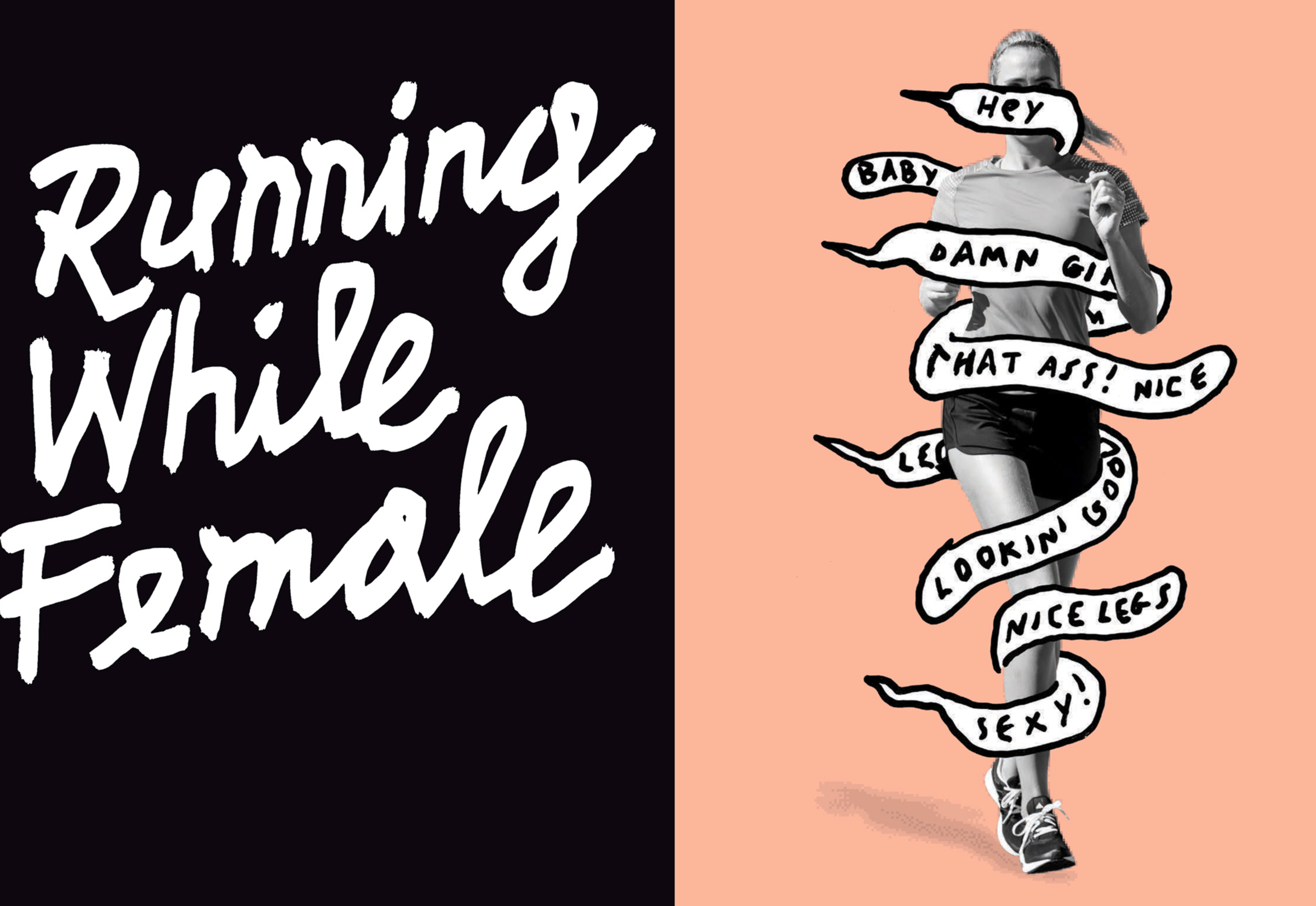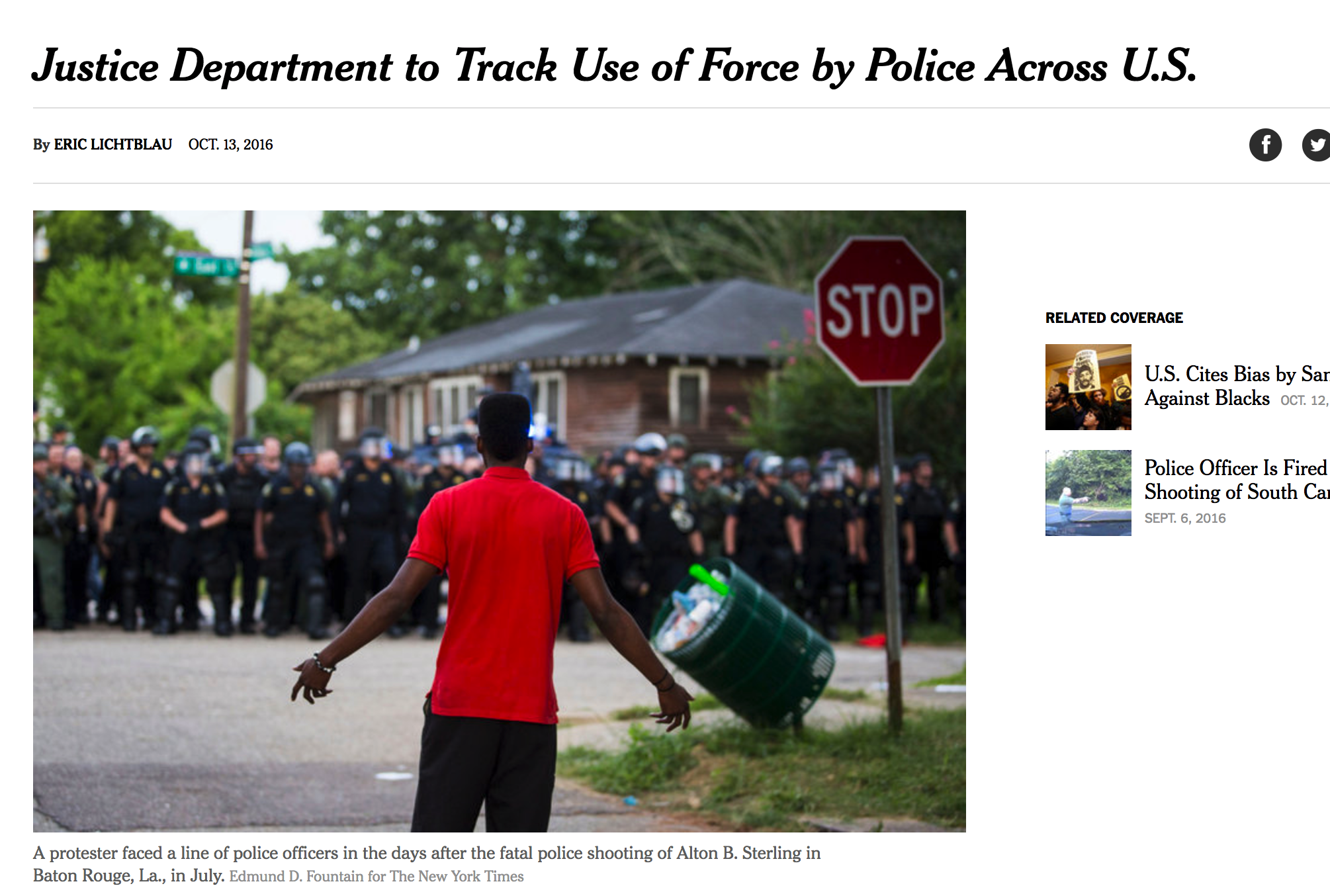We'll need to think critically for these exercises
(Press S to see the notes that went with this presentation.)
Two ways to write a data story
1. Start with the data
- Analyze/Interview it for insights


Two ways to write a data story
2. Start with a question that can only be answered with data
Question?
How can we document speeding cops?
Ideas
GPS devices?
Nope. Tech too new and police departments fought it
Ideas
Toll tags!
What does information does it theoretically track?
Florida’s toll system, SunPass, records the date, location and time down to the hundredth of a second when a car passes through a toll booth.
How do you calculate speed?
FOIA success
1.1 million toll transactions
3,900 South Florida police transponders


The human element
Data is everywhere

Just have to get it somehow
Data is everywhere

It's on your phone
Gather it yourself

Send out a survey and then analyze and visualize the results









Is this making a difference?
Maybe

- Yes, data is more abundant than before
- Yes, the technology is out there to work with it, attracting more people to dig into it than ever before
- But data doesn't grow on trees
- Someone had to usually dig it up and clean it
- Someone probably had to fight to make it public

Data worth fighting for
- Data can be used to make institutions accountable
- It can lead to an expose, it can lead to new laws and regulations
If you're hiding something or don't want regulations, you're going to make getting that data as difficult as possible


















